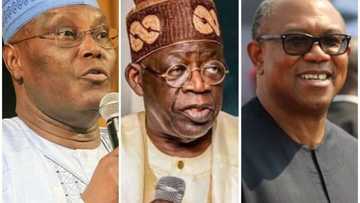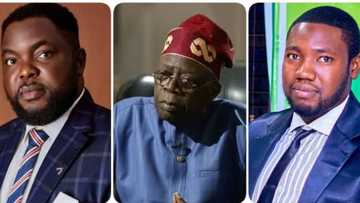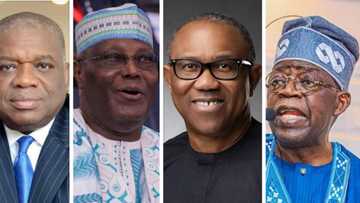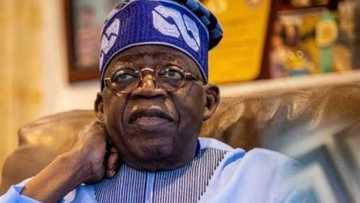2023 Elections: Know Obi, Tinubu and Atiku's Plans for Fuel Subsidy, Electricity, Others Before You Vote
- Peter Obi, Bola Tinubu and Atiku Abubakar have highlighted their plans for Nigeria in their respective manifestoes
- The leading presidential candidates in the 2023 elections have promised to tackle the many issues plaguing Nigeria's progress
- Amongst the issues to be tackled are fuel subsidy, electricity, education, healthcare delivery, exchange rate crisis and others
PAY ATTENTION: Click “See First” under the “Following” tab to see Legit.ng News on your Facebook News Feed!
Nigeria's presidential election is only a few days away, and many Nigerians are ready to vote for their preferred candidates.
The most popular candidates in the race include Peter Obi of the Labour Party, Bola Ahmed Tinubu of the All Progressives Congress, Alhaji Atiku Abubakar of the Peoples Democratic Party, Rabiu Musa Kwankwaso of the New Nigeria People's Party and Yele Sowore of the African Action Congress.
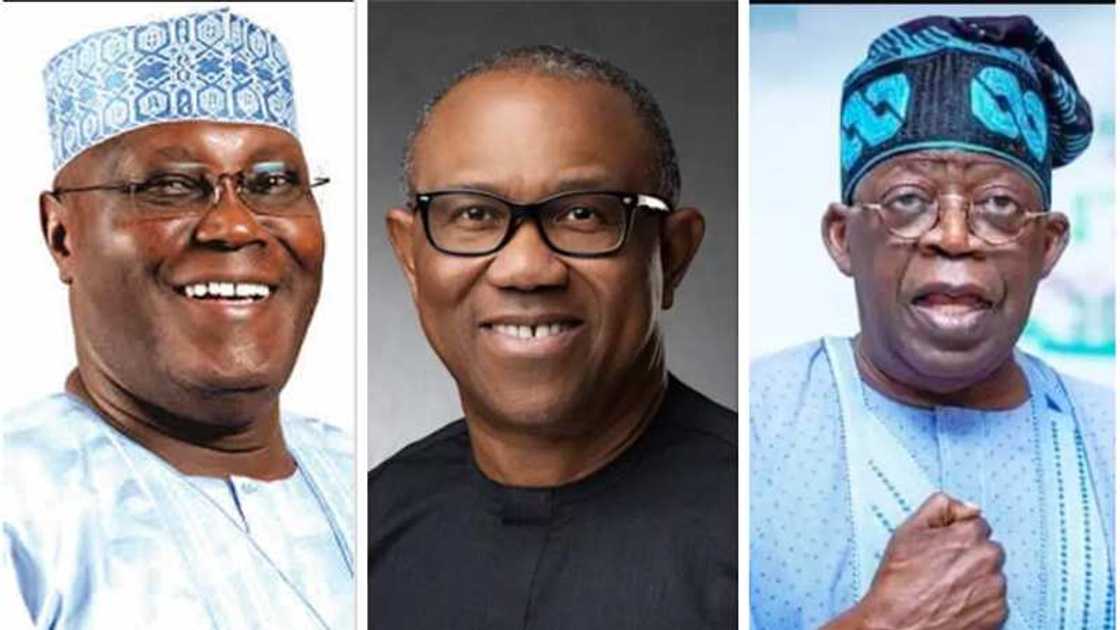
Source: UGC
The candidates and parties, in their campaigns, have released manifestos indicating their plans and policies for a better Nigeria. Through several discussions and debates, they have explained their ideas and approaches, which they hope will get Nigeria on the path of progress.
Based on the content of their manifestoes, Legit.ng has compiled the manifestoes of the top 3 candidates -Peter Obi, Bola Tinubu and Atiku Abubakar - highlighting how they intend to tackle issues such as electricity, fuel subsidy, unemployment and others.
PAY ATTENTION: Share your outstanding story with our editors! Please reach us through info@corp.legit.ng!
Exchange rate crisis
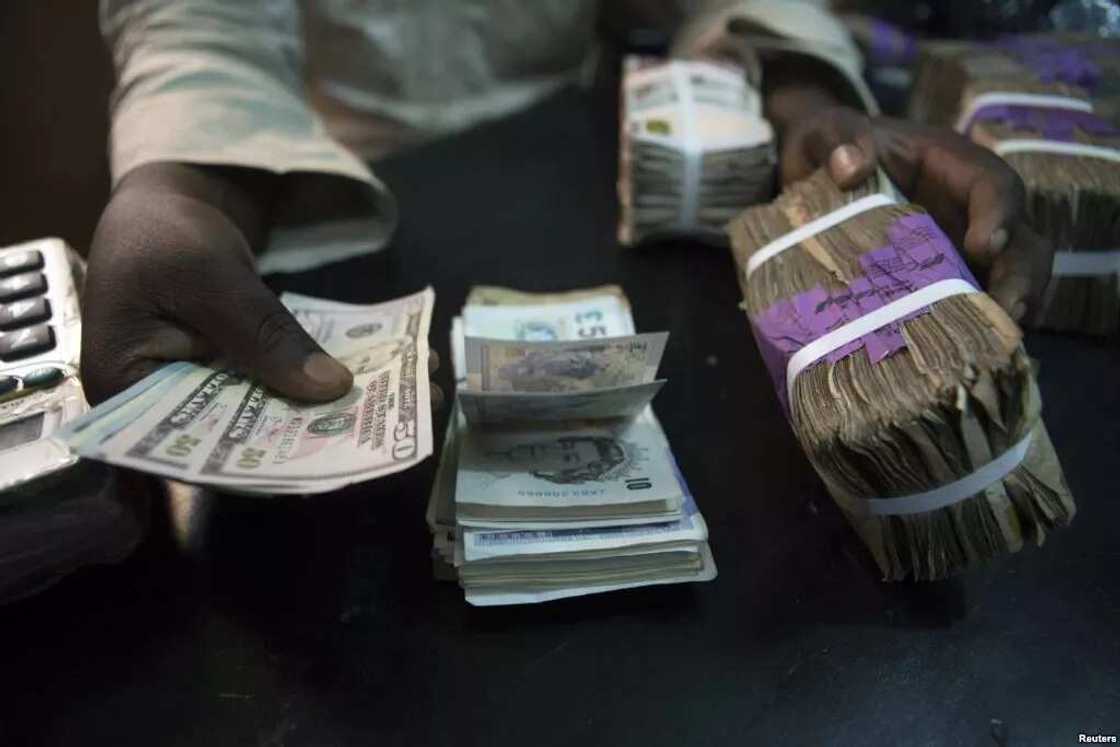
Nigeria's exchange rate has been controversial in the last decade, continuously declining against the US dollar, UK pound and the euro. Nigeria operates multiple exchange rates.
In November 2023, it fell to a record low of about N900 to a dollar in the black market. The declining Naira exchange rate has had several implications on the economy. Here is what our top candidates have said about it.
Obi: He plans to simplify the exchange rate regime but discontinue multiple exchange rates.
Tinubu: He plans to work with the Central Bank of Nigeria and the financial sector to carefully view and better optimise the exchange rate regime.
Atiku: He plans to maintain exchange rate stability and institutionalise fiscal discipline.
Electricity
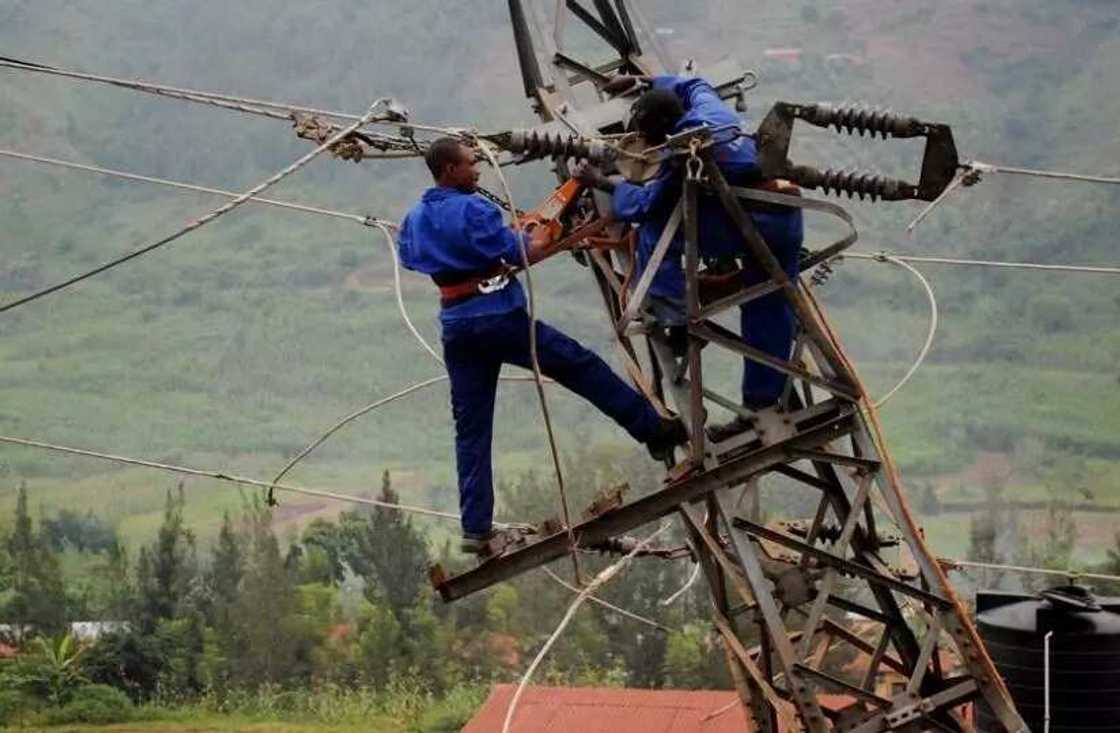
Source: Depositphotos
For decades, power supply in Nigeria has been widely epileptic, with many parts of the country experiencing electricity supply for not more than 3-4 hours daily.
Several governments in the past have promised to resuscitate the power sector, but that has yet to be achieved. The frequent national grid collapse has almost become a norm. But this is how our candidates plan to fix the problem in the power sector.
Obi: He plans to improve the electricity sector through transmission, generation, distribution, and financing. This includes improving the national grid and completing the $2.3 billion Nigeria-Siemens network investment deal.
Also, solar power revolution across the country, especially in the north. The creation of 100,000 mini-grids by the end of 2024, and deliver 5,0000 direct jobs and 100,000 indirect jobs in the Nigerian Electricity Supply Industry (NESI).
Tinubu: The APC flagbearer plans to improve electricity generation and transmission targets, rural electrification, support for domestic manufacturing of electricity meters, elimination of estimated billings, setting up renewable energy plants, and reforming the sector via power policy.
Atiku: The former vice president plans to upgrade the power transmission grid, empower the Nigerian Electricity Regulatory Commission, and intensify rural electrification projects to ensure electricity access.
Unemployment
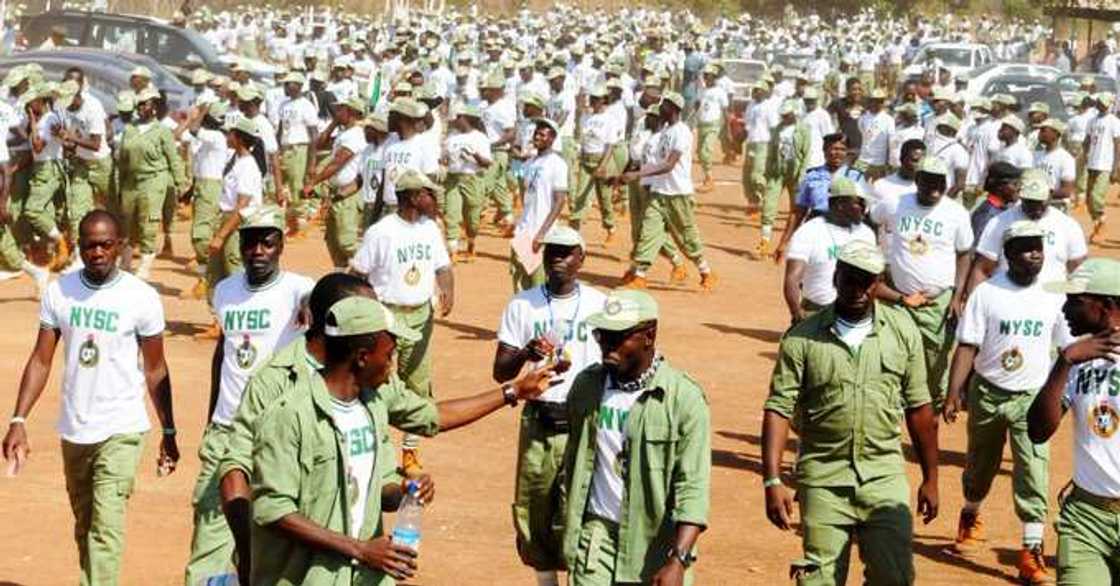
Source: Twitter
One major issue the eventual election winner will be confronted with is the high unemployment rate in Nigeria. Nigeria's unemployment rate will hit 37% in 2023, according to the Nigerian Economic Summit Group (NESG).
Nigerian youths constitute the majority of the voting population, and it would be expedient to see a plan that would create more jobs, thereby drastically reducing unemployment in the country.
Obi: In solving unemployment, the candidate plans to empower the youths with digital skills to get offshore jobs in the new gig economy. Also, create jobs through the sports, creative, electricity, and other sectors.
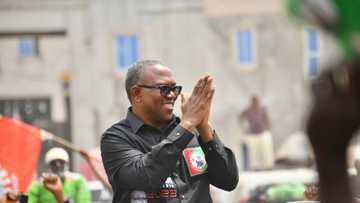
Read also
2023 presidency: Possibilities, facts on Peter Obi's chances as Chatham House expert, political observer spill
Tinubu: The APC flag bearer plans to create new jobs and reduce youth unemployment by half within four years.
Atiku: He plans to solve unemployment through four pillars of job creation which are hinged on a growing economy, a productive MSMEs sector, innovative skills and entrepreneurship programs, and policy & institution strengthening.
Fuel subsidy

To remove or not to remove fuel subsidy. This is one economic issue that has been heavily debated. Previous governments lacked the political will to squarely attack the fuel subsidy matter because of a possible objection by the masses.
In 2021, fuel subsidy gulped N1.43 trillion, a jump from N1.192 in 2020. Nigeria's minister of Finance, Zainab Ahmed, had in 2022 revealed that only N3.3 billion was budgeted for fuel subsidy in the 2023 budget. Our presidential candidates have given their thoughts on the matter.
Obi: To help reduce the importation of refined products, Obi's plan is to incentivise the midstream segment of the petroleum sector. He will do this by encouraging private-owned small and medium-scale or modular refineries.
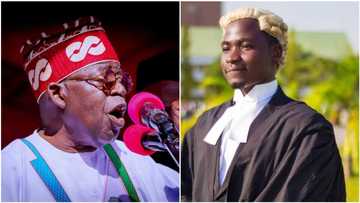
Read also
APC Crisis: Why Tinubu may lose forthcoming election, prominent lawyer gives kinetic analysis
Tinubu: He plans to gradually phase out the fuel subsidy yet maintain the underlying social contract between the government and the people. Also, Tinubu intends to use funds that would have been used for subsidy for targeted infrastructural and social welfare programs.
Atiku: He plans to immediately review government spending on PMS subsidies to free up fiscal resources for the government.
Education
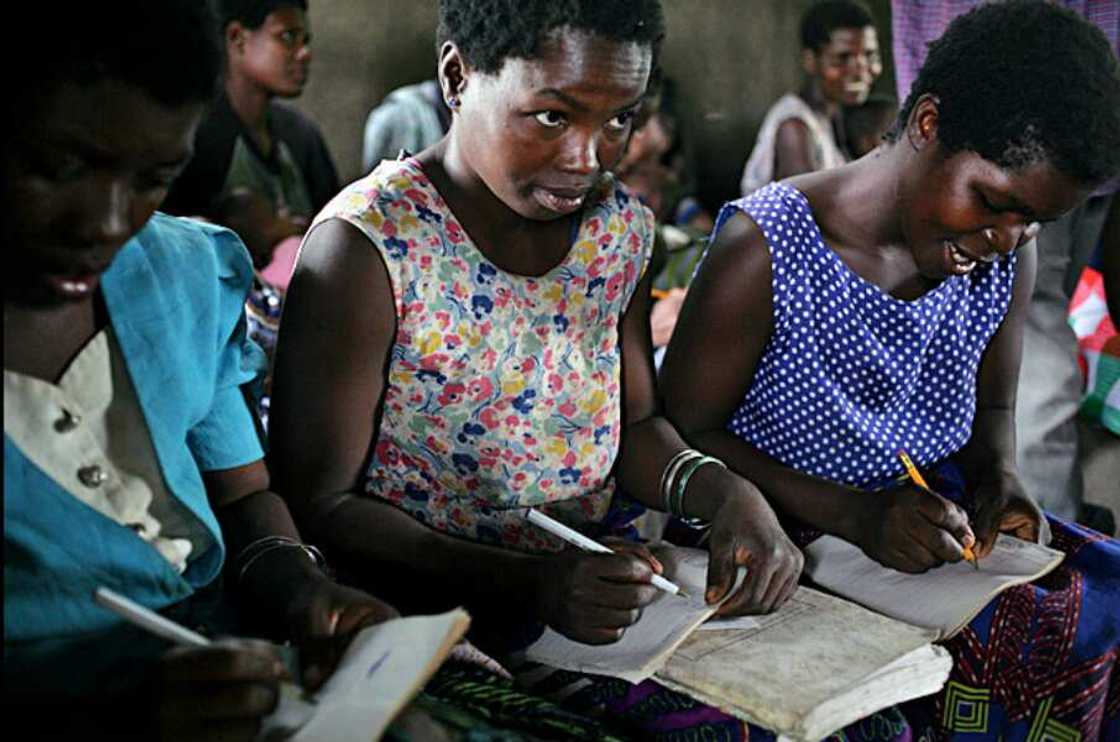
Source: Depositphotos
Nigeria has had to deal with a failing standard of education for so many years. Strikes by the Academic Staff of Universities (ASUU) have become frequent, affecting students' studies in tertiary institutions.
So many Nigerian students have taken the option of going abroad to study in foreign universities at very high costs. Seeing a new and better direction when a new president comes in would be interesting.
Obi: The former Anambra State governor plans to create impactful educational policies and address the funding of UBEC and TETFUND. Also, through the Ministry of Education, he plans to work out a Public-Private model involving private corporations assuming funding and managerial responsibilities in a specially restructured taxation plan.
Tinubu: The candidate plans to restructure and improve education in the country through educational infrastructure. He also hopes to improve tertiary education through student loans and special education funds.
Atiku: His plan includes providing affordable and approachable quality education up to the secondary level. Also, plans to commit at least 25% of the annual budget to education.
Healthcare provision
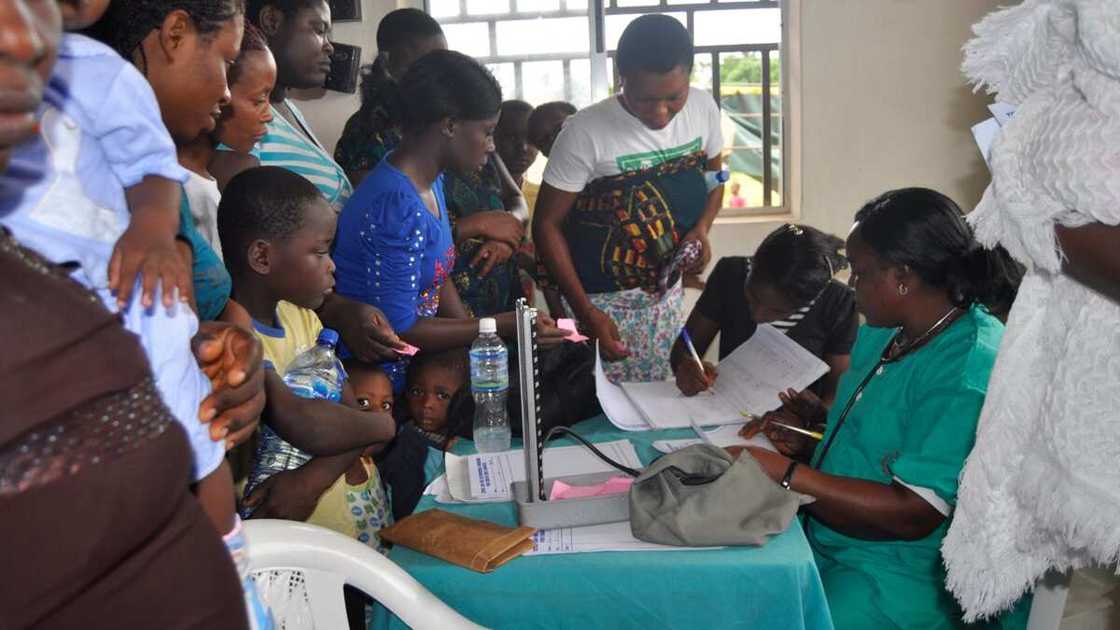
Source: Depositphotos
The Nigerian healthcare system is poorly developed and underfunded. Healthcare workers are grossly underpaid. While the country's health sector suffers from acute underfunding, the leaders fly abroad to get the medical care denied to fellow Nigerians.
According to Nigerian Medical Association (NMA), Nigeria annually loses at least $1.5 billion to medical tourism. Medical professionals are in short supply due to massive migration to overseas countries for greener pastures and better pay. How will our candidates solve the problems in the healthcare sector?
Obi: The Labour Party flagbearer plans to commit at least 15% of Nigeria's annual budget to the healthcare sector. He also plans to stop medical tourism and encourage public-private financing of the healthcare sector.
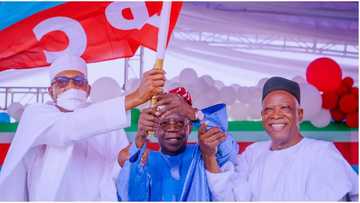
Read also
2023 elections: "Naira swap policy, pump price hike deliberate sabotage against APC," Ikedife alleges
In addition, his government will provide cover for the 133 million poorest Nigerians, especially women, children, the elderly and people living with disabilities.
Tinubu: He plans to improve healthcare through healthcare sector governance and leadership, equity and quality primary and secondary healthcare, preventive care, health financing and National Health Insurance, caring for healthcare workers and job creation.
Atiku: His plans for the healthcare sector are hinged on seven pillars which are; undertaking administrative reforms, facilitating universal health coverage, expanding access to primary healthcare, improving care and clinical governance, unlocking the market potential of the healthcare sector, healthcare delivery initiative, and increasing the number of professionals in the Health sector.
Polls predict winners of Nigeria's 2023 presidential elections
Meanwhile, Ahead of the 2023 presidential elections in Nigeria, several polls have been conducted by different local and international organisations.
The polls conducted at different times, have tipped a few front runners, including Atiku Abubakar, Peter Obi and Bola Tinubu, to win the February 25 elections.
Interestingly, Peter Obi of the Labour Party, who initially seemed like an underdog until a few months ago, has gotten the nod from most of the polls.
Polls conducted by Nextier SPD, an African-based international development consulting firm and another conducted by NOI Polls Limited and commissioned by Anap Foundation have tipped the former Anambra State governor to win the election.
A poll conducted by data analysts and public relations experts coordinated by FREDDAN Continental tipped Bola Tinubu of the All Progressives Congress, gaining more votes than his counterparts and winning the election.
Also, former vice president and flagbearer of the Peoples Democratic Party, Atiku Abubakar, got tipped as the election's winner by a recent opinion poll organised by POLAF.
Source: Legit.ng


